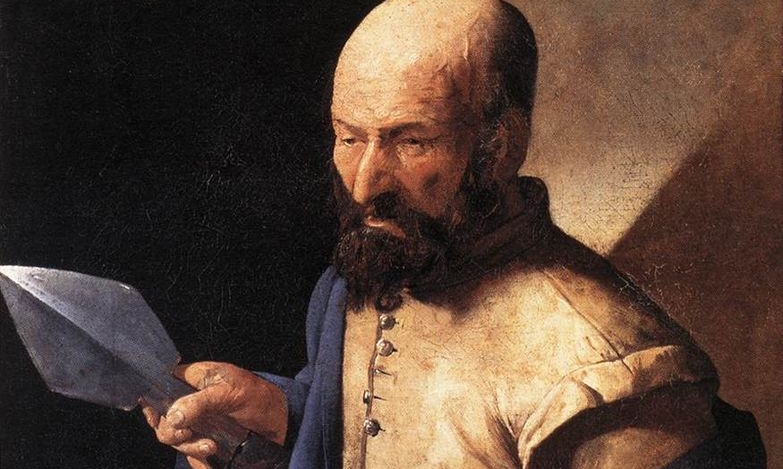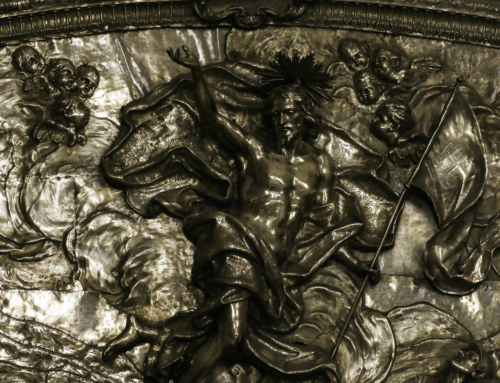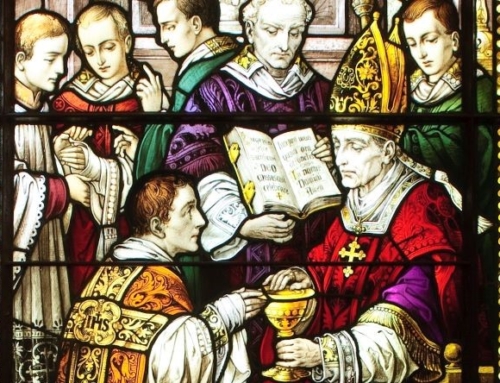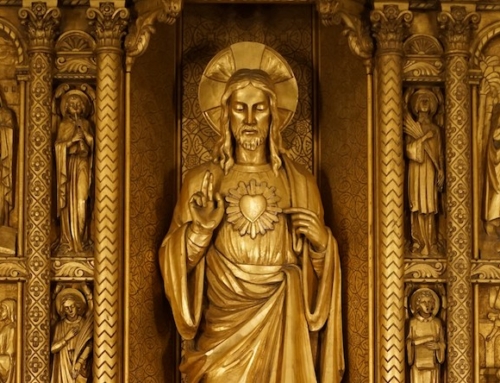“Where I am going you know the way.”
Thomas said to him,
“Master, we do not know where you are going;
how can we know the way?” (John 14:4-5)
“Here Thomas denies the two things that our Lord affirmed.” St. Thomas Aquinas’ first take on his namesake’s question finds St. Thomas the Apostle contradicting the Lord. Whatever St. Thomas the Apostle’s weaknesses, he at least had no trouble speaking his mind.
Jesus claims that Thomas knows the way. Thomas audaciously responds that he doesn’t. His reasoning is as flawless as that of Yogi Berra: “If you don’t know where you’re going, you’ll end up somewhere else.”
But lest we think that the disciple has bested the master, Aquinas reconciles Jesus and Thomas’ conflicting claims, stating that “both statements are true: for it is true that [the apostles] knew, yet they did not know that they knew.” The apostles know the way because they know Jesus, who is the way. They know the destination because they know Jesus, who is the truth and the life. “I am the way, and the truth, and the life; no one comes to the Father, but by me” (John 14:6).
Our destination is God. A life GPS set to anywhere else or to nowhere in particular will not lead us there. It is not an easy thing to go to God and see him face to face. “No one has ever seen God” (John 1:18a). But there is one way: “The only Son, God, who is in the bosom of the Father, has made him known” (John 1:18b).
It took St. Thomas a while to understand. The same boldness that urged him to object that he did not know the way would later specify the way he could come to belief: “Unless I see the mark of the nails in his hands and put my finger into the nailmarks and put my hand into his side, I will not believe” (John 20:25). St. Thomas came to believe not only in the resurrection of Jesus, but also that Jesus is himself the way and the goal: “My Lord and my God!” (John 20:28).
✠
Image: Georges de La Tour, St. Thomas







